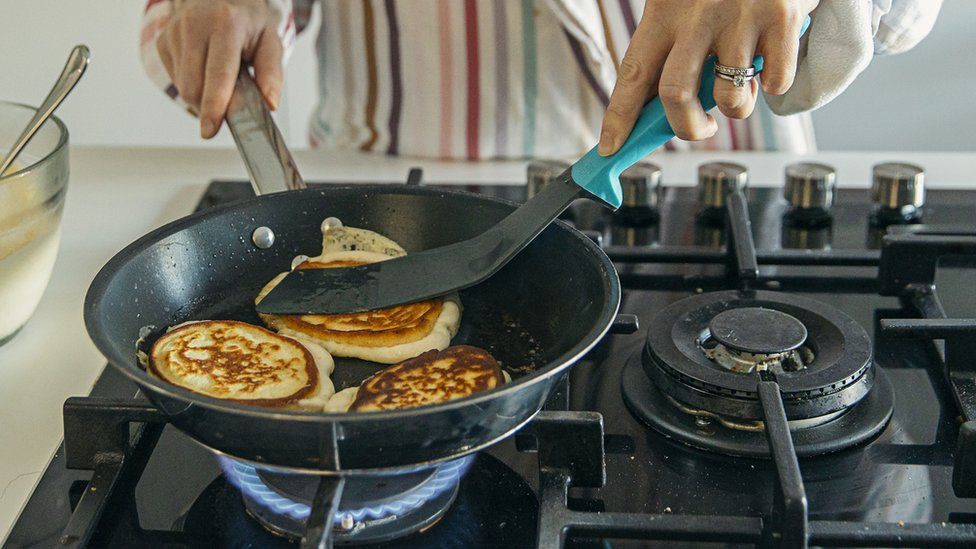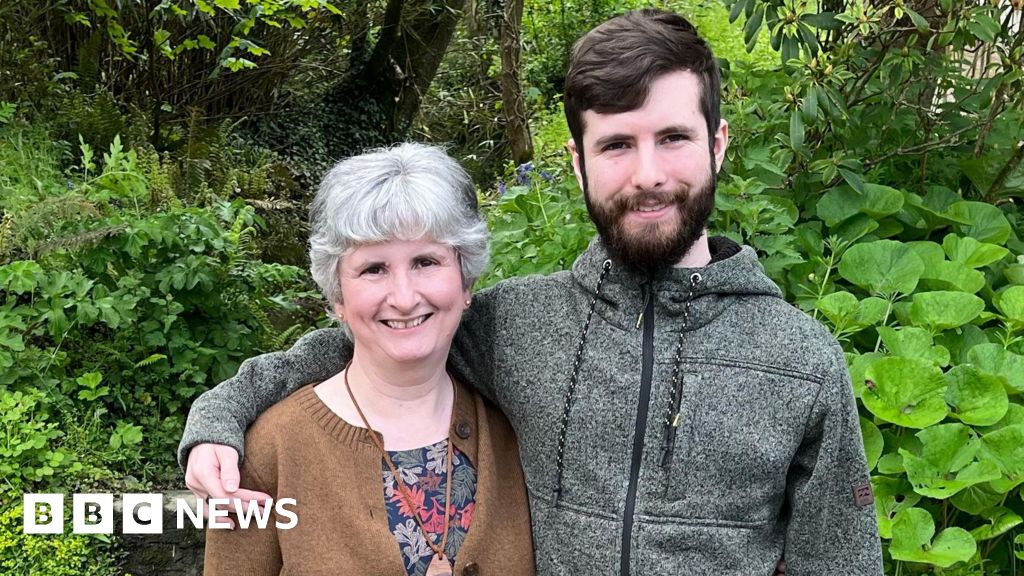ARTICLE AD BOX
By Rebecca Wearn, Callum Thomson and Liana Bravo
BBC News
 Image source, Getty Images
Image source, Getty Images
More than three million households in Britain were still waiting to receive a £150 payment to help with energy costs on 1 July, a BBC Freedom Of Information (FOI) request has revealed.
Councils were expected to start paying the £150 rebates from April, but have until September to do so.
Halfway through that period, 97% of households who pay by direct debit in England and Wales had got the payment.
But only half of those who pay in other ways had received it.
This group typically includes lower-income households.
The payment is available to homes in council tax bands A to D, or up to E if a householder has a disability.
Councils have until 30 September to issue the payments, but the government said they should have been made "as soon as possible from April".
In Scotland, the scheme ran differently, with a £150 credit applied to council tax bills, or paid as a cheque to households exempt from paying. By 1 July, around 3,000 households in Scotland were waiting for the payment.
The Northern Ireland Assembly has received an equivalent sum of money to administer locally.
Missing out
In Liverpool, fewer than half of eligible households had received their payment by 1 July.
Jenna Broadhurst has had her money, but her friend Michelle Waring has not.
Jenna Broadhurst (left) has received her £150 payment, but Michelle Waring has not
"It was a nice surprise when it went into my bank automatically," says Jenna. "It's a boost that's helped in lots of ways."
Michelle, on the other hand, says she received a letter a week or so ago, telling her to apply. "I've got six kids and I've gone back to work part time, so it's pretty hectic. But I'll have to do it as soon as possible," she says.
Her worries about winter are growing. "I've had my drier on once this month and you can just see the money going down. I used to top up about a fiver a day, if that. Now it's so much more."
The women both help out at the Rotunda Cafe's summer play scheme in one of the poorest parts of the city.
Maxine Ennis heads up the project, which dishes out advice and educational programmes alongside its affordable food. She says few people dropping in have known about the £150 rebate.
"This was a decision made in Whitehall, rather than at community level or by local councils," she says. "We would have known how to target that funding better, we know the people in need and how to get that money out."
Maxine says that most of those using the cafe are on pre-payment meters. Many do not even have a bank account. She thinks a letter from the council might go ignored. "I know plenty of people out there who won't open a brown envelope. It's not always good news."
Post Office payments
The payment was announced by the former chancellor, Rishi Sunak, back in March and was one of the first government responses to the escalating energy crisis. But using council tax as a means to process it raised alarm.
While councils can send direct debit payers the money via a bank account, they often have to use cheques, council tax credit and vouchers for those who pay in other ways.
Arshad Mahmood processes rebate vouchers every day at his post office
The Post Office is working with 105 councils to offer vouchers. By mid-August, their network had processed over a million of these, worth £174m.
People are sent vouchers in the post then have to take them to the Post Office to be scanned. They are then given a choice where they can either put the money straight on to their meter, use it to pay another bill, or simply receive the £150 in cash.
At the Openshaw Post Office, tucked inside Lime Square retail park in Manchester, Arshad Mahmood processes rebate vouchers every day.
"At the end of June it was a busy time. We had a thousand customers in one week only for these vouchers," he says, adding that most people chose to take the payment as cash in order to buy basics.
But he is worried that many vouchers are uncashed. "The letter looks like a council tax bill, but when they open it, it's a different story."
Image source, Manchester City Council
Image caption,A mocked up letter from Manchester City Council telling a customer how to claim their rebate
What should you do if you've not been paid?
If you pay your council tax each month via direct debit then have a comb through your bank account. It's likely the money has been paid to you, probably sometime since the start of May, and it should be named as a payment from your council.
If you pay your council tax by any other method, and you've still not had the money then check with your council about how they are processing those payments. If you need to apply online, then local charities or Citizen's Advice may be able to help you through that process.
If your council have decided to send cheques or Post Office vouchers and yours has got lost in the post then contact them. Check they've the correct address and ask them to send it again. As long as your reference number has not been used to get the cash already then it's not too late.
If you still haven't got the money by the end of September, then councils are obliged to just knock the £150 off your council tax bill. That means it should still help, but might not be as valuable to you as cash in your hand.
The money is now desperately needed, as soaring inflation and energy bills rise.
Councillor Andrew Western, chair of the Resources Board at the Local Government Association, which represents more than 350 councils across England and Wales, told the BBC that processing the payment had been a "significant task".
"Councils are continuing to focus their efforts on those who do not pay their council tax by direct debit, or where the details of those who pay by direct debit do not match council records," he added.
Liverpool City Council told the BBC: "In common with other local authorities, we concentrated first on making payments to people on direct debit and this was largely complete by the end of June.
"While this was happening, we developed a simple application system for households who don't pay by direct debit and encouraged people to apply using direct letters and social media. We have now paid out a total of 130,000 households and are processing thousands more claims each week."
A government spokesperson said: "Councils have been given £28m to deliver the payments, including to set up software and recruit staff, and they have until the end of September to do so. We are urging councils to make payments without further delay and have given a host of options to do this quickly and securely - including bank account transfers, council tax account credits or a voucher-based system."

 2 years ago
49
2 years ago
49








 English (US) ·
English (US) ·